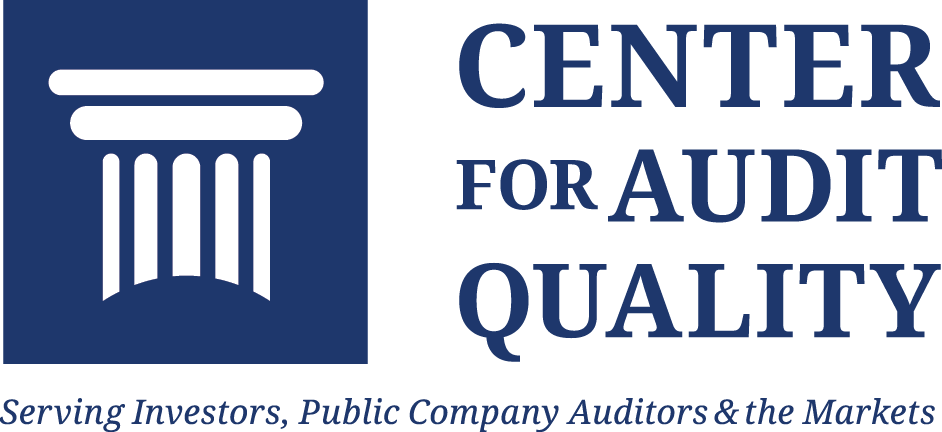Accounting
Public Company Auditors Earn Solid Confidence Ratings from U.S. Investors
Eighty-one percent of American investors say they have confidence that public company auditors are effective in their investor protection roles, according to the Center for Audit Quality’s 2018 Main Street Investor Survey. The annual survey polls ...
Sep. 21, 2018

Eighty-one percent of American investors say they have confidence that public company auditors are effective in their investor protection roles, according to the Center for Audit Quality’s 2018 Main Street Investor Survey. The annual survey polls investors with at least $10,000 invested in the capital markets through retirement plans or direct holdings.
“The public company auditing profession works hard each day to build investor confidence, and we are pleased to see that a strong majority of investors view independent auditors as effective parts of the system of investor protection,” said CAQ Executive Director Cindy Fornelli.
Fielded by Morning Consult from August 20 to August 21, 2018, the survey’s key findings include the following:
- 74% of US investors have confidence in US capital markets broadly, down 11% from 2017.
- 78% have confidence in US companies that are publicly traded, down 5% from 2017.
- 75% have confidence in audited financial statements, down 3% from 2017.
- 56% have confidence in capital markets outside the US, up 2% from 2017.
“Investor confidence is a pillar of healthy capital markets,” Fornelli said. “The independent financial statement audit helps give millions of Americans the confidence to invest in public companies so they can save for retirement, pay for their children’s education, and fuel our nation’s economic growth.”
The Main Street Investor Survey queries investors on underlying reasons for their confidence levels. Among investors expressing confidence in US markets, the top reasons selected were the strength of the US economy, the performance of the stock market, confidence in the Trump administration, and belief in the free-market system.
For those showing a lack of confidence, the most prevalent factors selected were lack of leadership in the Trump administration, fear of trade wars or uncertainty around free-trade agreements, and lack of leadership in the US Congress.
